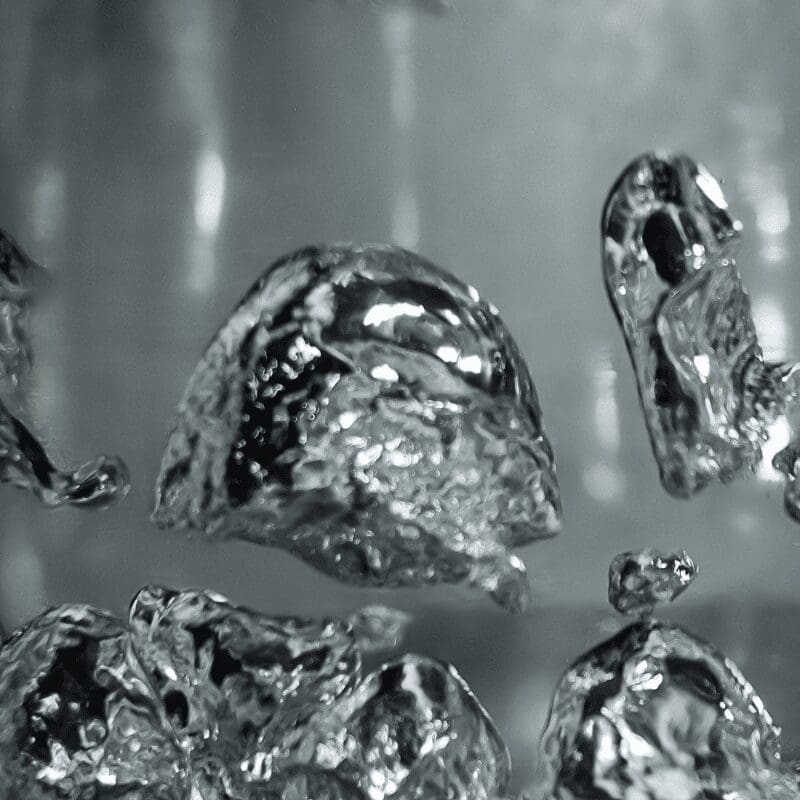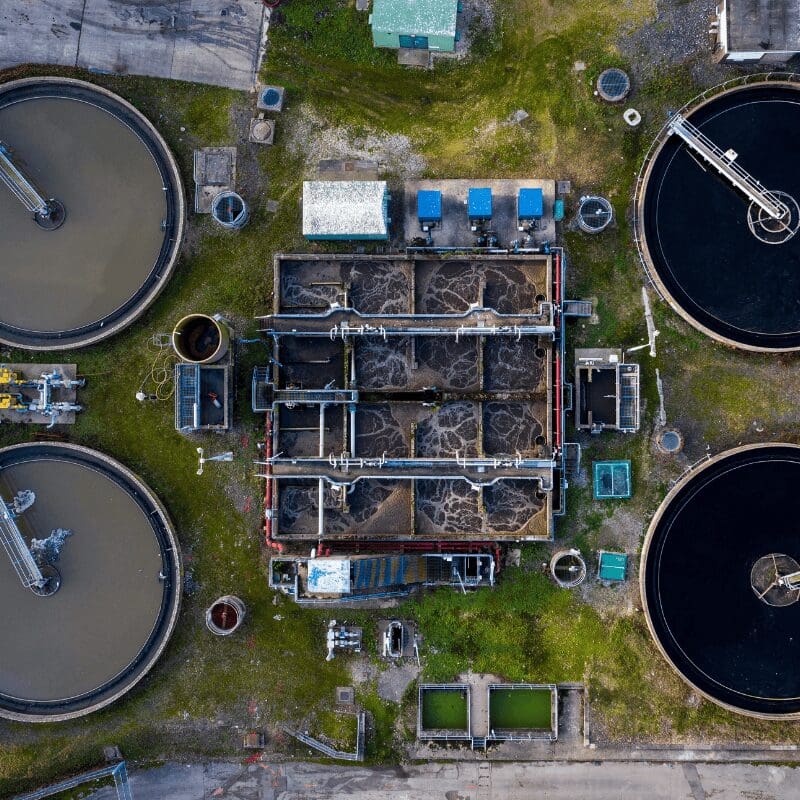5 Reasons You Should Be Worried About Mercury in Your Water

As a resident of Chicago, have you ever stopped to think about the quality of your tap water? If not, it’s time to start paying attention. In recent years, there have been increasing concerns about the presence of mercury in your water, and it’s a problem that shouldn’t be ignored, especially if you’re responsible for the well-being of your entire staff. While you can’t control the water people drink at home, you can give them access to clean, mercury-free drinking water at work with Office H2O. But here’s why mercury in any of our tap water should be concerning.
What is Mercury and How Does it Get into Our Drinking Water?
Mercury is a naturally occurring element found in air, soil, and water. It exists in several forms – elemental or metallic mercury, inorganic mercury compounds, and organic mercury. When mercury enters water, it can get transformed into methylmercury, a highly toxic form that builds up in fish and shellfish.
Mercury primarily enters our water systems through industrial processes, agricultural run-off, and natural weathering of rocks. Industrial facilities release mercury as a by-product into the atmosphere, which eventually settles over land and water bodies. Agricultural run-off can also contain mercury from high-mercury pesticides used in farming. Similarly, the weathering of rocks along the shores of Lake Michigan can release mercury into the soil and underground water sources.
Once released into the water, mercury enters the food chain, affecting aquatic life and posing a significant health risk to humans consuming contaminated water or fish from the lake. The concern over mercury is not just its presence; it’s the potential for bioaccumulation and biomagnification, where mercury concentration increases as it moves up the food chain, ultimately reaching us–the humans at the top.
The Detrimental Impact of Mercury in Drinking Water on Chicago Residents
Neurological Disorders: Mercury is a potent neurotoxin. Prolonged exposure can lead to serious neurological conditions, including tremors, memory problems, and even Parkinson’s disease. This is especially concerning for children and infants, as their developing brains are particularly vulnerable.
Cardiovascular Problems: Studies have linked mercury exposure to an increased risk of heart disease. Chronic consumption of mercury-contaminated water can lead to cardiovascular issues like high blood pressure, heart attacks, and irregular heart rhythms.
Kidney Damage: Mercury, particularly in its inorganic form, can accumulate in the kidneys, leading to kidney failure over time. This is due to the kidneys’ role in filtering out toxins from the blood, where mercury can become trapped and cause damage.

Impaired Development in Children: Chronic exposure to mercury during crucial developmental stages can result in cognitive impairment, impacting a child’s IQ, language skills, attention span, and fine motor skills.
Mental Health Issues: The neurotoxic effects of mercury are not limited to physical neurological disorders. Over time, mercury exposure can lead to mental health problems, including depression, anxiety, and mood swings. These effects can significantly impact the quality of life for Chicago residents.
The threat of mercury in your water supply is not to be taken lightly. Being aware of the risks and taking action to ensure clean water in your office or organization can help protect the health and well-being of our community.
Further Reasons to Be Concerned About Mercury in Your Water
1. Damage to the Immune System
Long-term exposure to mercury can significantly compromise the immune system. Our bodies struggle to effectively fight off diseases and infections when the immune system is weakened, making individuals more susceptible to common illnesses and severe conditions alike.
2. Potential for Carcinogenic Effects
While the relationship between mercury and cancer is not yet fully understood, some studies suggest a link between long-term mercury exposure and increased cancer risk. Given that cancer is a leading cause of death, any potential carcinogen in our water supply is cause for concern.
3. Impact on Wildlife and Ecosystems
The harm caused by mercury extends beyond humans. As mercury accumulates in the food chain, it can lead to significant detrimental effects on fish, birds, and other wildlife. This imbalance in our local ecosystem can have far-reaching implications, including for the industries that depend on these resources.
4. Economic Burden
The health effects of mercury contamination can also lead to economic strain. Medical expenses incurred due to mercury-related health issues can become a significant burden for families. Moreover, businesses may experience reduced productivity and increased healthcare costs due to employee sickness.

5. Property Value Impact
Real estate values can take a hit in areas where water contamination is a known issue. For property owners, whether residential or commercial, this could mean a significant decrease in their investment’s value. Businesses may also suffer if customers prefer to patronize establishments in areas with safer water supplies.
The potential harm caused by mercury in Chicago’s drinking water is a pressing issue that demands immediate attention. The combined effects on human health, local wildlife, and the economy underline the urgency to tackle this problem head-on. As a resident or business owner in the city, staying informed and advocating for clean water should be a top priority.
How Water Treatment Plants Fall Short in Removing Mercury
Despite the dire need for mercury-free water, most traditional water treatment plants fail to remove these deadly contaminants effectively. The key factor here is the form that mercury assumes in water. As outlined earlier, mercury often gets converted into methylmercury, a highly toxic form, in water bodies. This form is not only more dangerous but also more challenging to eliminate.
The standard water treatment processes involve coagulation, sedimentation, filtration, and disinfection. However, these methods are primarily designed to remove particulate matter, bacteria, and some chemicals, but they fall short when it comes to removing mercury, especially in its methylmercury form. This form of mercury is highly soluble in water and does not bind well to particulates, making it harder to filter out with conventional methods.

Additionally, mercury has a unique ability to change forms under different environmental conditions, which contributes to its persistence in water even after treatment. For instance, the liquid metallic form of mercury can evaporate at room temperature to become a gas, allowing it to bypass traditional filtration and sedimentation processes. Furthermore, the use of chlorine for disinfection in water treatment can inadvertently exacerbate the problem. Chlorine can interact with mercury to form various chlorinated mercury compounds, some of which can be even more toxic and challenging to remove.
In summary, while water treatment plants play a crucial role in ensuring our water is safe to drink, their ability to remove mercury is limited. The complex characteristics of this toxic element require advanced treatment techniques that are unfortunately not a part of standard practices in many water treatment facilities, leaving Chicago residents at risk of exposure.
Reduce Your Workers’ Exposure to Mercury
The grave concern of mercury contamination in Chicago’s water demands a robust and effective solution. Office H2O offers a convenient and efficient remedy to this widespread issue with our state-of-the-art bottleless water and ice coolers. Our coolers provide clean, pure water, free of harmful contaminants like mercury, safeguarding the health of our community. By choosing Office H2O, Chicago businesses can play a proactive role in reducing mercury exposure in the workplace and ensuring a healthier and safer environment for employees.
Don’t wait to make a change — sign up now for a free 7-day trial and experience the difference of cleaner, fresher water with Office H2O.
